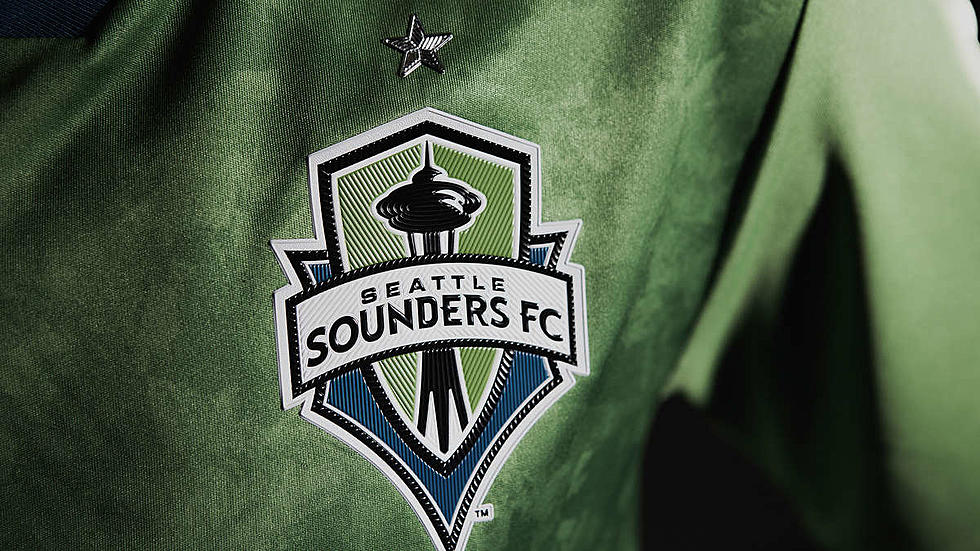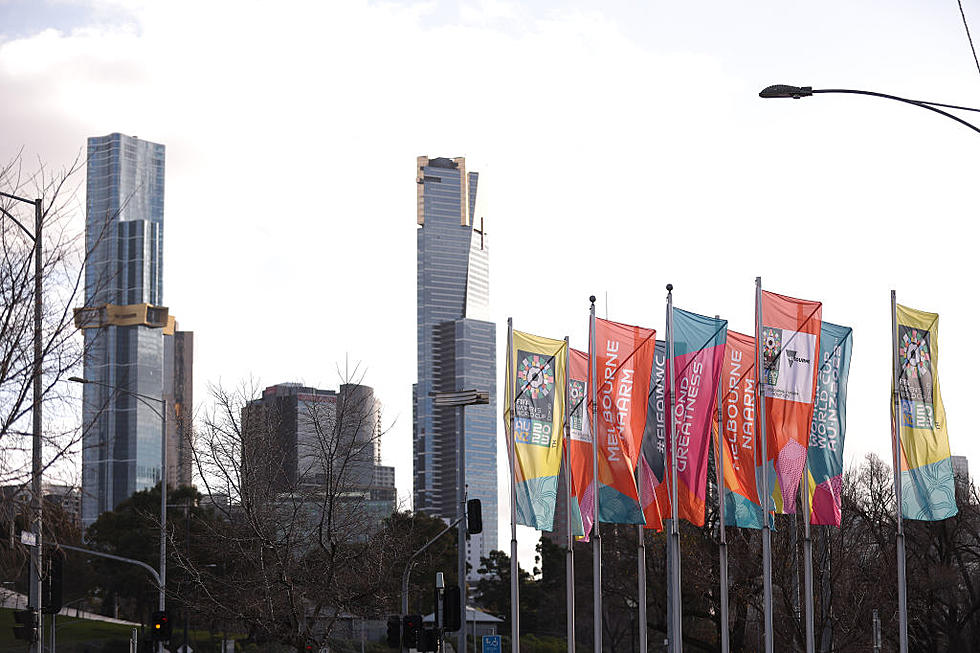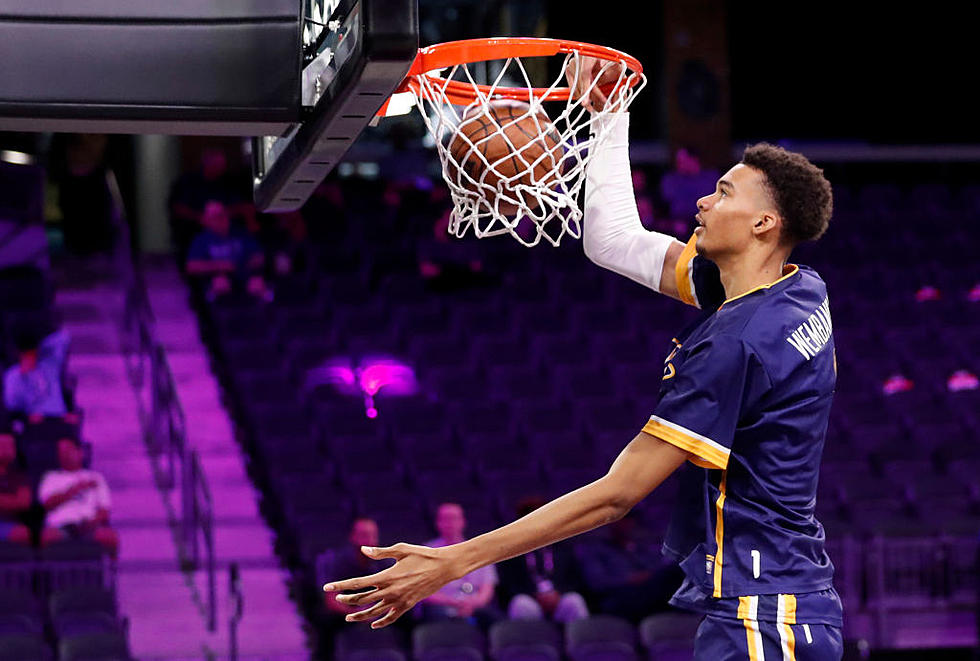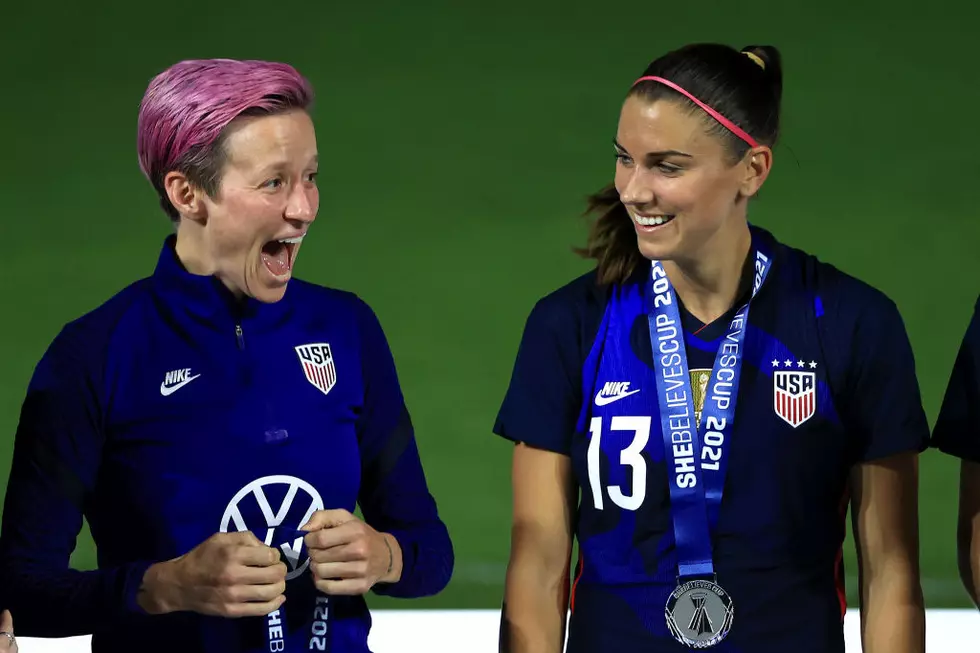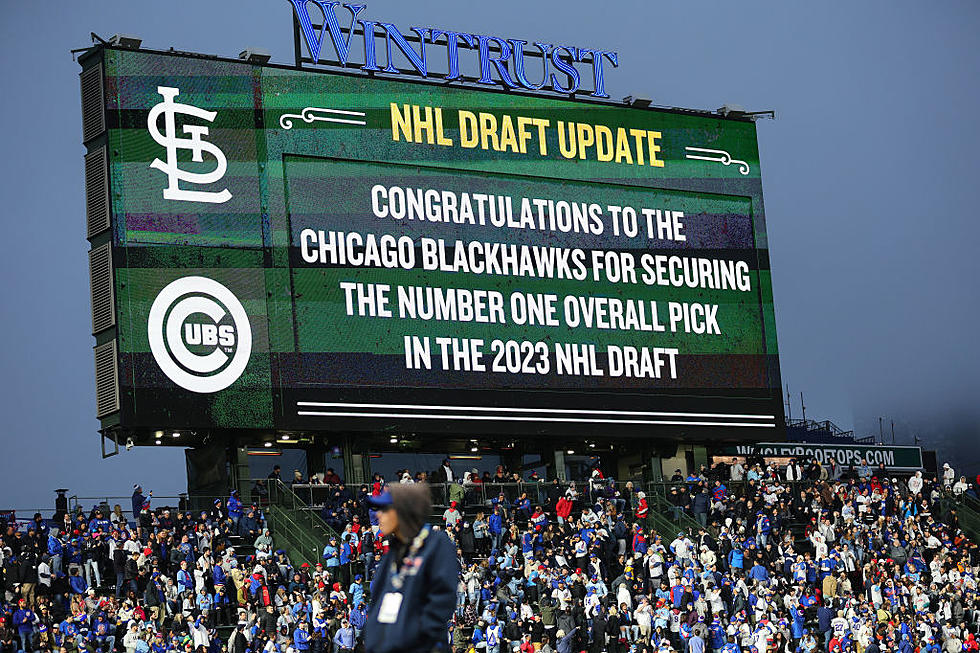
World Cup Games to Air on Free TV Amid Problems in Australia
SYDNEY (AP) — Rather than risk further outrage from football fans, rights holders in Australia have agreed to keep sharing World Cup matches with free-to-air TV until the end of the group stage.
Telecommunications company Optus bought the broadcast rights for most World Cup games in Russia but technical issues with the live streaming in Australia caused a major backlash from subscription buyers — to the point where the prime minister had to intervene.
The SBS network, which retained the broadcasting rights for Australia's games and the World Cup final under a sharing agreement with Optus for the 2018 tournament, initially stepped in to broadcast all matches for a 48-hour period as the telco tried to rectify its technical problems.
The network issued a statement Wednesday saying "following further discussions with Optus ... it has been mutually agreed that SBS will continue simulcasting the 2018 FIFA World Cup until the end of group stage on June 29."
The technical issues over the first few days of the tournament included poor-quality match footage or no vision at all.
Australian Prime Minister Malcolm Turnbull took the unusual step of contacting Optus chief executive Allen Lew, wanting assurances the problems would be fixed.
"There's no doubt this has adversely affected the Optus brand," an apologetic Lew said, "everybody is very disappointed, to put it mildly."
Lew on Wednesday said his company would continue to stream matches, but all pool matches would also be telecast on free-to-air TV.
Optus also decided to provide all Australians with free access to its streaming service, and those users who paid 15 Australian dollars ($11) to access Optus Sport during the World Cup will receive refunds.
Australia lost its opening game 2-1 to France and has group games remaining against Denmark and Peru.
More From 1460 ESPN
